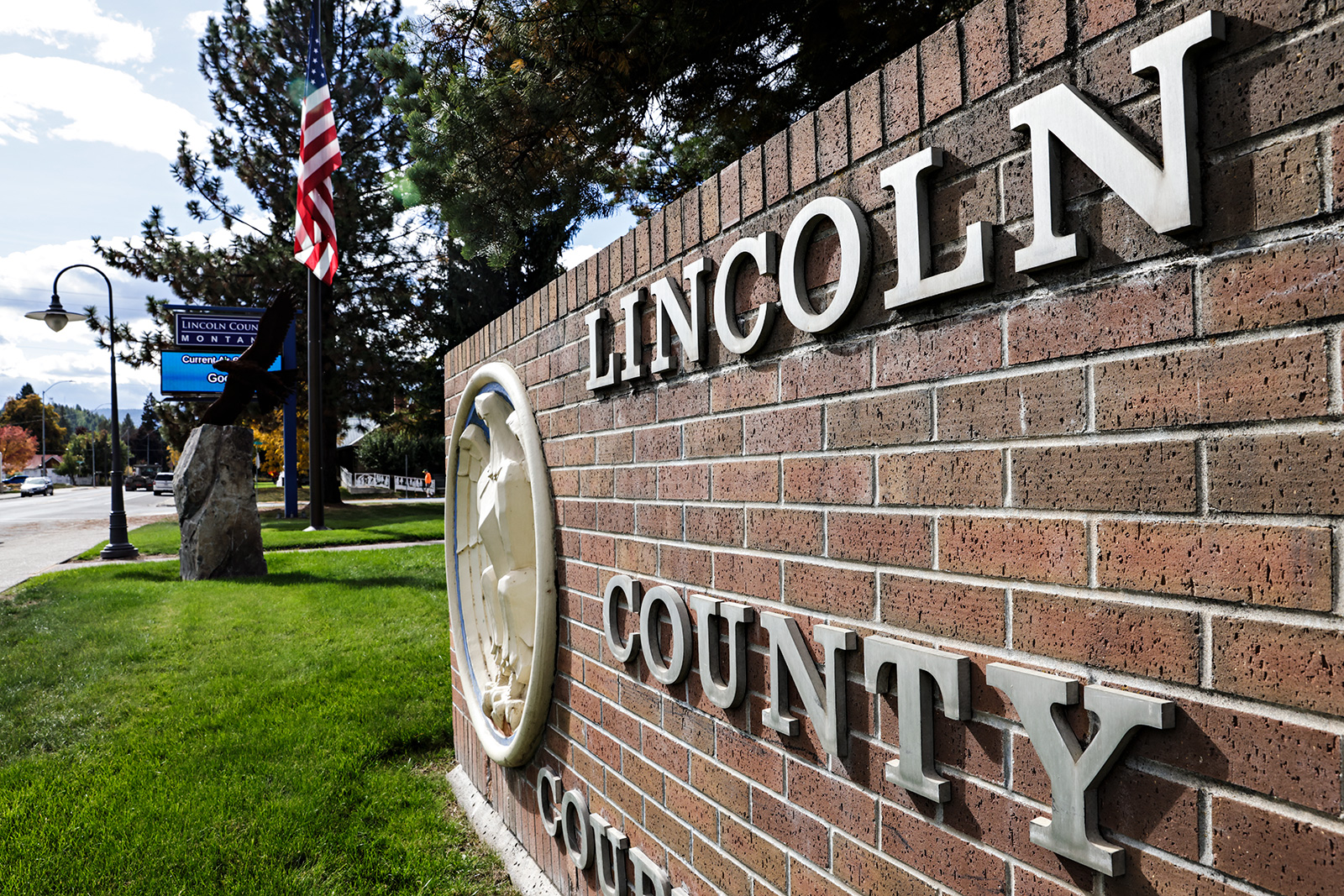The three branch buildings that comprise the Lincoln County Library system are beset with problems. The roof of the Libby branch is known to leak. In Troy, broken sewage pipes were recently discovered under the facility. In Eureka, the library building routinely hosts programs that exceed its 30-person capacity.
“One of our largest concerns with funding is the state of our facilities,” library director Alyssa Ramirez said. “Our maintenance director does his best to keep things in order, but there’s only so far we can go with the funding we have from the county.”
In addition to needed facility upgrades, staff at the county library system constantly hear from patrons wanting increased programming, longer operating hours and more digital and technical resources. Unfortunately, the budget provided by Lincoln County isn’t enough to expand the library’s offerings, Ramirez said, which has led her, and the library’s board of directors, to pursue becoming an independent library district.
“This just seems to be the best option overall,” she said. “It will remove us from the county structure, it will secure dedicated funding for the library that can never be taken away and it will secure a better future for the library.”
In Montana, libraries can be governed through a city or county government, or through an independent district that is funded separately from government services. There are currently only a handful of libraries that operate as districts, including in Stevensville, Ronan and Polson.
“For libraries who are part of their city or county, they have to hope that there is enough revenue to go around to all of the departments – such as fire, police, roads, utilities and the library. Our library district has a permanent dedicated mill levy, so we are able to rely upon relatively consistent revenues from year to year based upon property tax assessments,” said Abbi Dooley, director of the North Lake County Public Library District in Polson, which voted to become an independent district in 2010. “We can plan for major expenditures, like our recent renovation, with confidence, as well as give our employees the peace of mind that their jobs are secure and not reliant on what piece of the pie the library will receive of an entire city or county budget.”
Dooley said she often recommends the district route to library directors who are continually dealing with financial constraints year over year. Discussions with Dooley helped Ramirez gain confidence that the funding mechanism would be the right approach in Lincoln County.
“There’s more autonomy for future planning, setting aside money for capital improvements, and just less tension overall,” she said.
Lincoln County had a $1.7 million budget shortfall last year, and the library’s budget was cut by roughly $17,000 — 15% of the library’s operating budget, not accounting for personnel costs. Currently, each of the three library branches operates with less than one full-time librarian on staff and a continued budgetary decrease from the county would lead to “further reducing and shrinking what we do.”
Already, Ramirez said that the library struggles to meet Montana State Library standards that require minimum operating hours for libraries based on the population they serve. Not meeting the service hour requirement at the main Libby branch could jeopardize around $14,000 of state funding. Allocating staff time to Libby further minimizes services at the other two branches, and ultimately, Ramirez believes that the library will have to consider shuttering a service branch if the library remains a county department.
The library district would span all of Lincoln County. Voters in the district would directly elect a five-member board of trustees, replacing the current county-appointed board. The district would be funded through a mill levy of up to 13.49 mills, replacing the current voted levy of 3.49 mills. That would amount to a maximum tax of $36.42 on a home with an assessed market value of $200,000.
If the vote passes during the June election, the district will become operational beginning with the 2025-26 fiscal year. It’s estimated it will take at least six months for the library district to receive tax revenues, and establishing the new governing entity as well as coordinating the transfer of staff, equipment and facilities from the county is expected to take a full year. Once up and running, the Lincoln County Library’s strategic plan calls for a gradual increase in staff and service hours at all three library branches and the development of a Capital Improvement Plan with funding to address facility concerns.
The Lincoln County commissioners passed a resolution of intent to put the creation of a library district on the June ballot at their Jan. 31 meeting. A public comment period is currently underway, which will culminate in a public hearing on March 6 at 11 a.m. Members of the public wishing to participate via Zoom can do so here.
More information about how a library district operates and the upcoming election can be found at www.lincolncountylibraries.com. Comments can be submitted to the Lincoln County Clerk and Recorder Corrina Brown, at [email protected].
